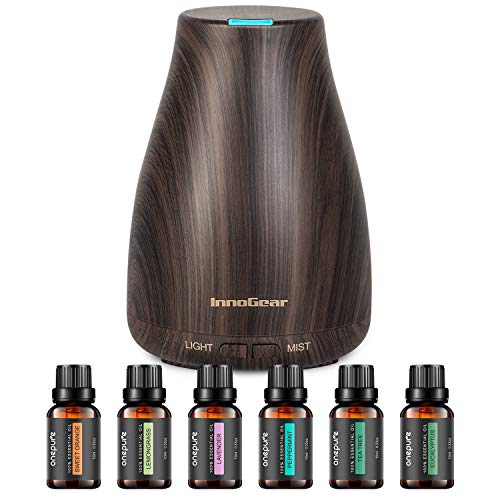This Post Contains Affiliate Links. Please Read Our Disclosure for Full Information.
We’ve all had those nights where falling asleep feels impossible, and the next day feels like a blur. A good night’s sleep is more than just shutting your eyes; it’s about creating the right habits and environment to wake up refreshed and ready to go. Let’s explore some simple, effective ways to make every night a restful one.
Why Sleep Matters (More Than You Think)
Sleep isn’t just about feeling rested—it’s your body’s way of recharging. It helps your brain process emotions, heals your body, and keeps your immune system strong. If you’re tossing and turning or waking up groggy, it’s a sign your sleep could use a little TLC.
How to Get a Restful Night’s Sleep
Stick to a Sleep Schedule
Your body loves a routine. Going to bed and waking up at the same time every day (yes, even on weekends) trains your internal clock and makes it easier to fall asleep and stay asleep.
Create a Cozy Bedroom Vibe
Your bedroom should feel like a retreat. Keep it dark, quiet, and cool. Blackout curtains work wonders, and a white noise machine can drown out distractions. Plus, if your mattress is feeling a bit tired, upgrading to the Novilla Memory Foam Mattress could transform your sleep game.
Ditch the Screens Before Bed
We love our phones, but the blue light they emit? Not so much. It messes with your melatonin (the sleep hormone), making it harder to drift off. Try swapping your screen time for a book or a relaxing activity like journaling.
Relax Before Bed
Winding down is key. Whether it’s deep breathing, light stretching, or a guided meditation, find a way to calm your mind and let go of the day’s stress.
Set the Stage for Sleep Success
Take a Warm Shower or Bath
A warm soak can help your muscles relax and signal your body that it’s time to chill out.
Use Sleep-Friendly Scents
Lavender and chamomile essential oils are super calming. A few drops in a diffuser or on your pillow can make your bedroom smell heavenly and help you feel relaxed.
Upgrade Your Bedding
Comfort is king when it comes to sleep. Soft, breathable sheets like the Mellanni Bed Sheets can make your bed feel like a cloud, helping you drift off faster.
What You Eat and Drink Matters
Skip Heavy Meals Late at Night
Eating a big dinner too close to bedtime can leave you feeling uncomfortable. Keep it light in the evenings to avoid tossing and turning.
Cut Back on Caffeine and Alcohol
We all love a good cup of coffee, but it’s best to cut off caffeine by mid-afternoon. And while a glass of wine might seem relaxing, it can mess with your sleep quality.
Stay Hydrated, But Not Too Much
Drink plenty of water during the day, but try not to overdo it right before bed. Midnight trips to the bathroom aren’t exactly restful.
Move Your Body for Better Sleep
Daily exercise can help you fall asleep faster and stay asleep longer. Even a quick 30-minute walk can make a difference. Just avoid high-intensity workouts too close to bedtime—they might leave you too energized to rest.
Don’t Let Stress Steal Your Sleep
Stress has a sneaky way of keeping you awake. Journaling, practicing mindfulness, or setting aside “worry time” during the day can help you go to bed with a clear mind.
Can Supplements Help?
For some people, supplements like melatonin or magnesium can work wonders for sleep. Always check with your doctor before starting anything new to make sure it’s right for you.
Wrapping It Up
Getting a good night’s sleep doesn’t have to be complicated. With a few small changes—like creating a bedtime routine, optimizing your space, and managing stress—you can turn your nights from restless to restful. Start with one or two tips that resonate with you, and you’ll be on your way to better sleep in no time.
Sweet dreams!
Discover more from Serenity Talks
Subscribe to get the latest posts sent to your email.

Follow Us On Pinterest for Latest Updates
Please Support Us By Following Us On Pinterest and be a part of our diverse community intrested in the field of fitness, beauty, fashion, cooking and living space.
We do not display annoying ads on our website so that you can have superior experience.
Please Support Us By Following us On Pinterest.








